


Matt Collins, 38, suddenly lost the use of his left arm at a festival

She was hauled off in handcuffs after being accused of 'throwing bread on the floor'

Her father's horrific crime had a huge impact on her
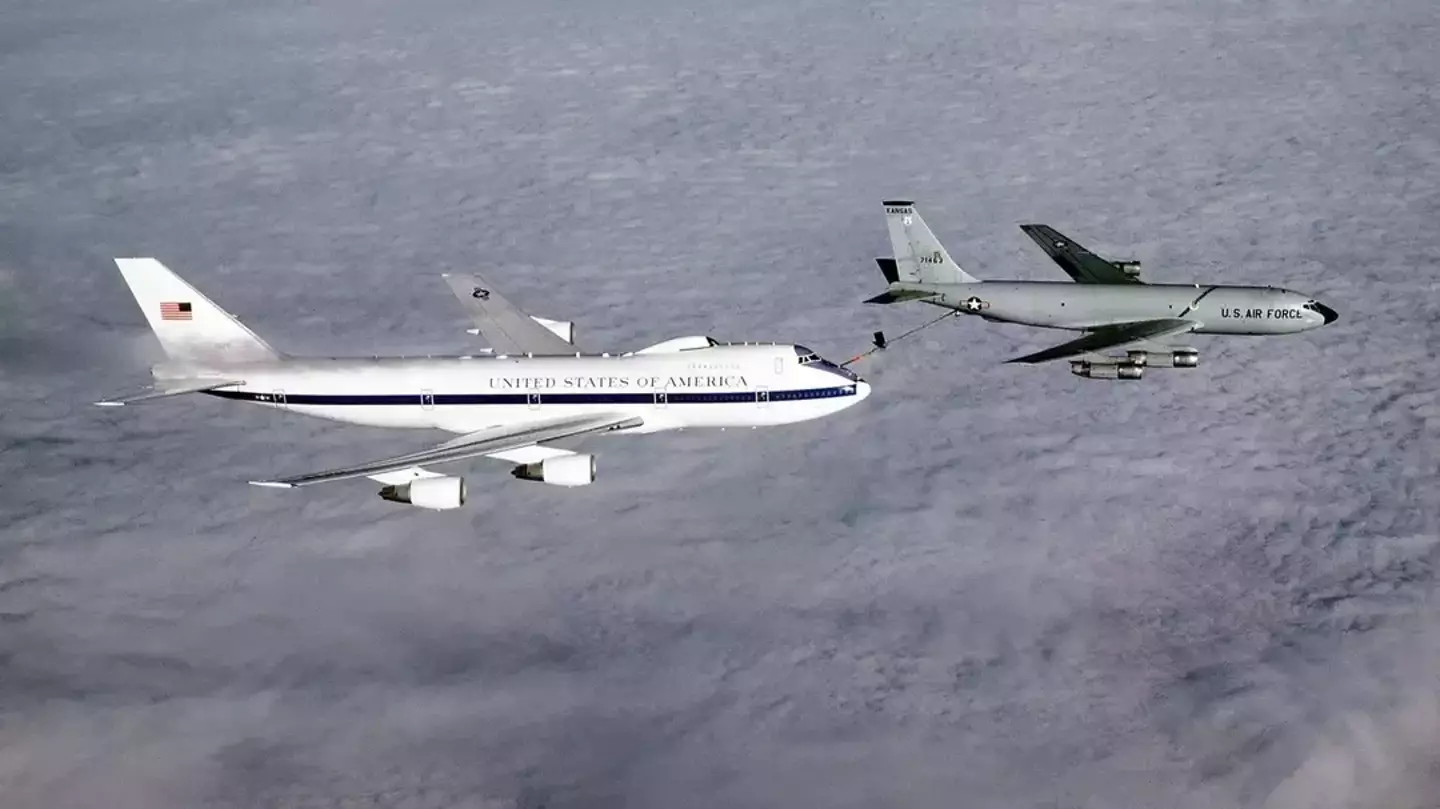
The US Air Force aircraft is on standby for any impending disasters

The 36-year-old developed a number of concerning health conditions after getting inked in 2020

The teenager is a well-known content creator in the US

Breakup guru Vanessa White said 'almost 100 percent of her clients' pick up on this red flag but choose to 'ignore' it
.jpg)
The UK government has threatened to ban X

The US already has over 100 military personnel stationed there

Amanda Goff was previously dubbed Australia's 'most famous' escort
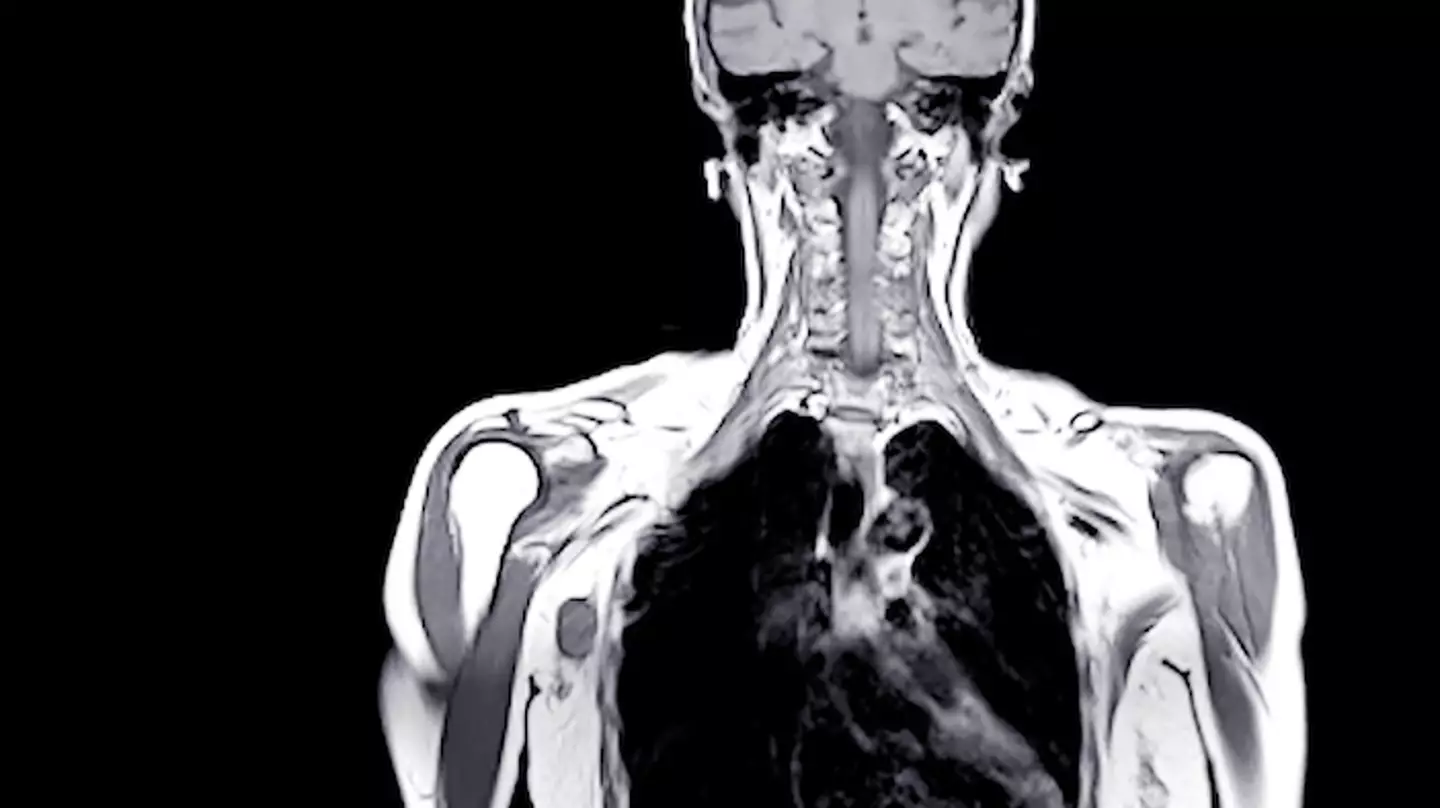
Here is the science behind the pleasure

The scene has been described as a 'horror movie come to life'
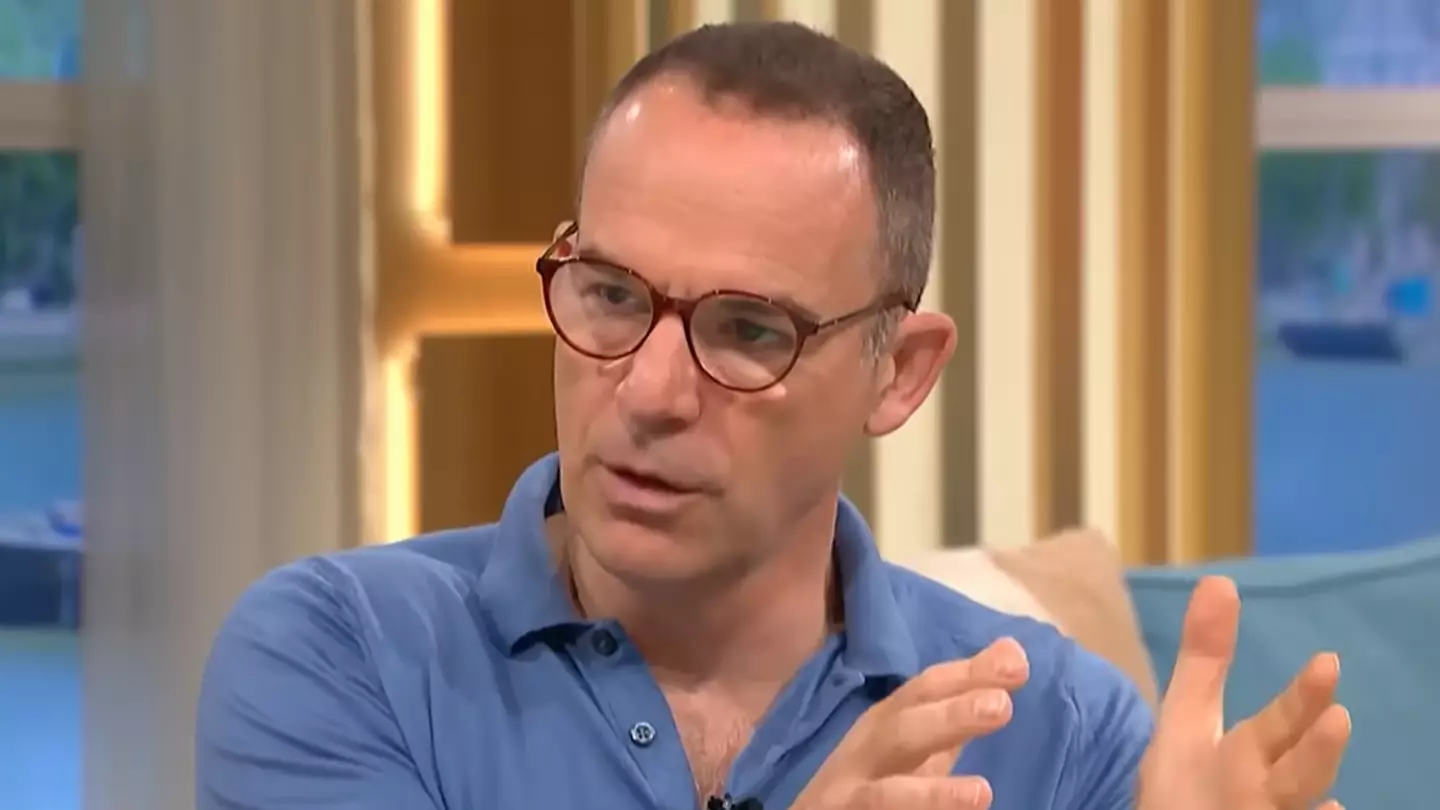
Financial guru Martin Lewis shares the one thing most likely to get Brits into debt, and it's not credit cards

He's made it to almost a year and the results have been dramatic

The oldest person to ever live was Jeanne Calment, who died at the age of 122 - but where is the biological limit?

Aussie legal eagle Alex Loftgood said he 'wishes everyone knew' his tips before talking to cops
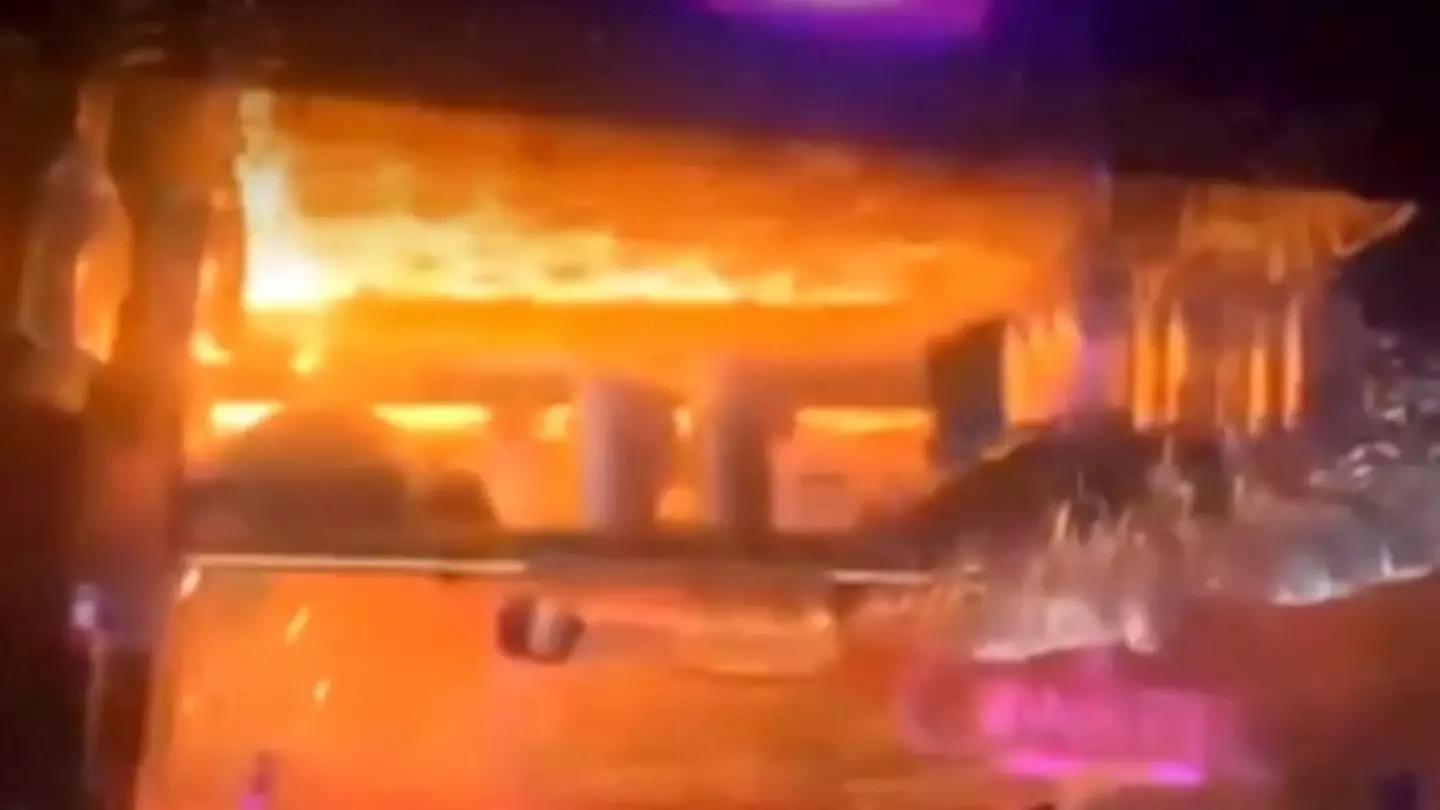
Authorities believe the fire was likely caused by sparklers attached to champagne bottles
breaking
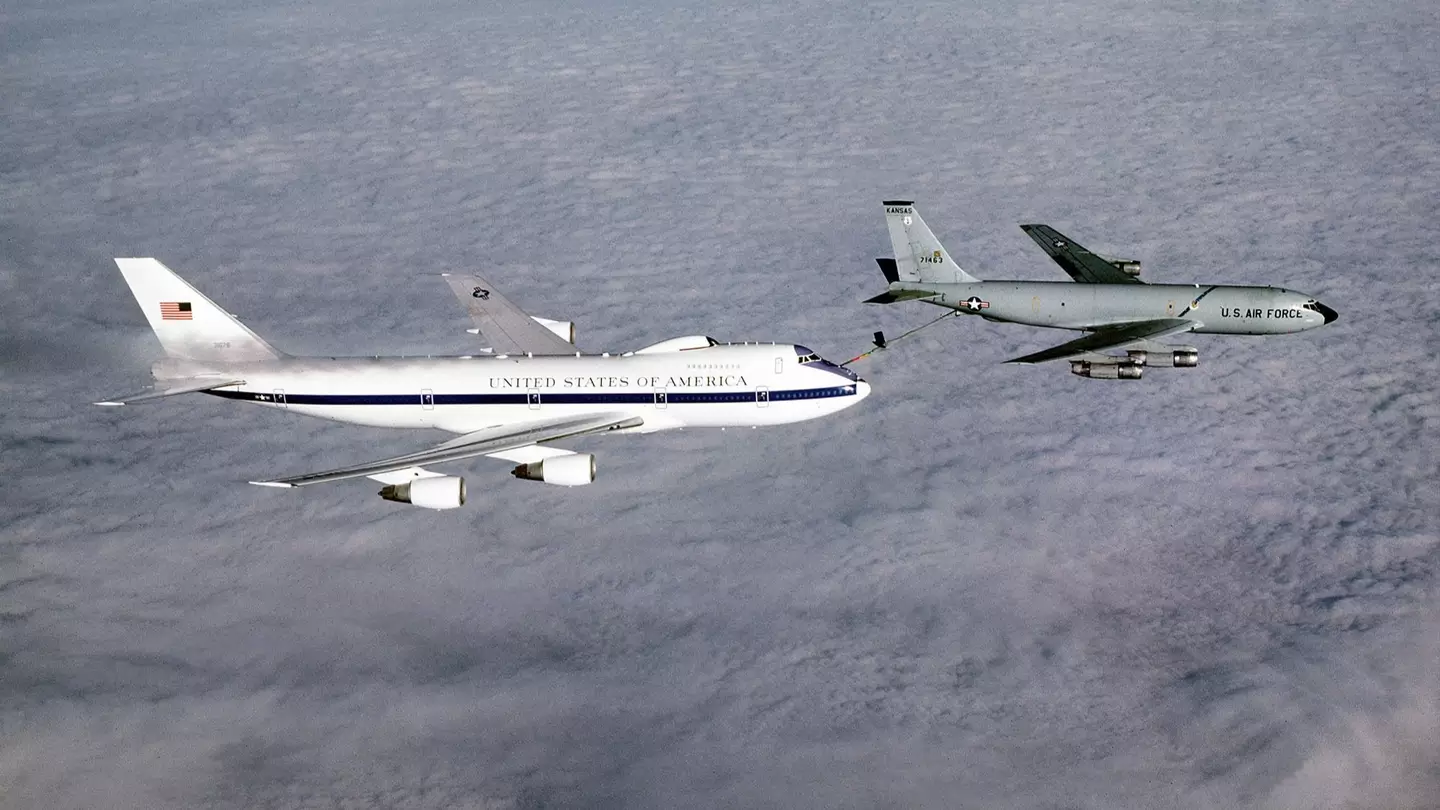
There's a fleet of four of them and one of them has been flown over to Washington DC
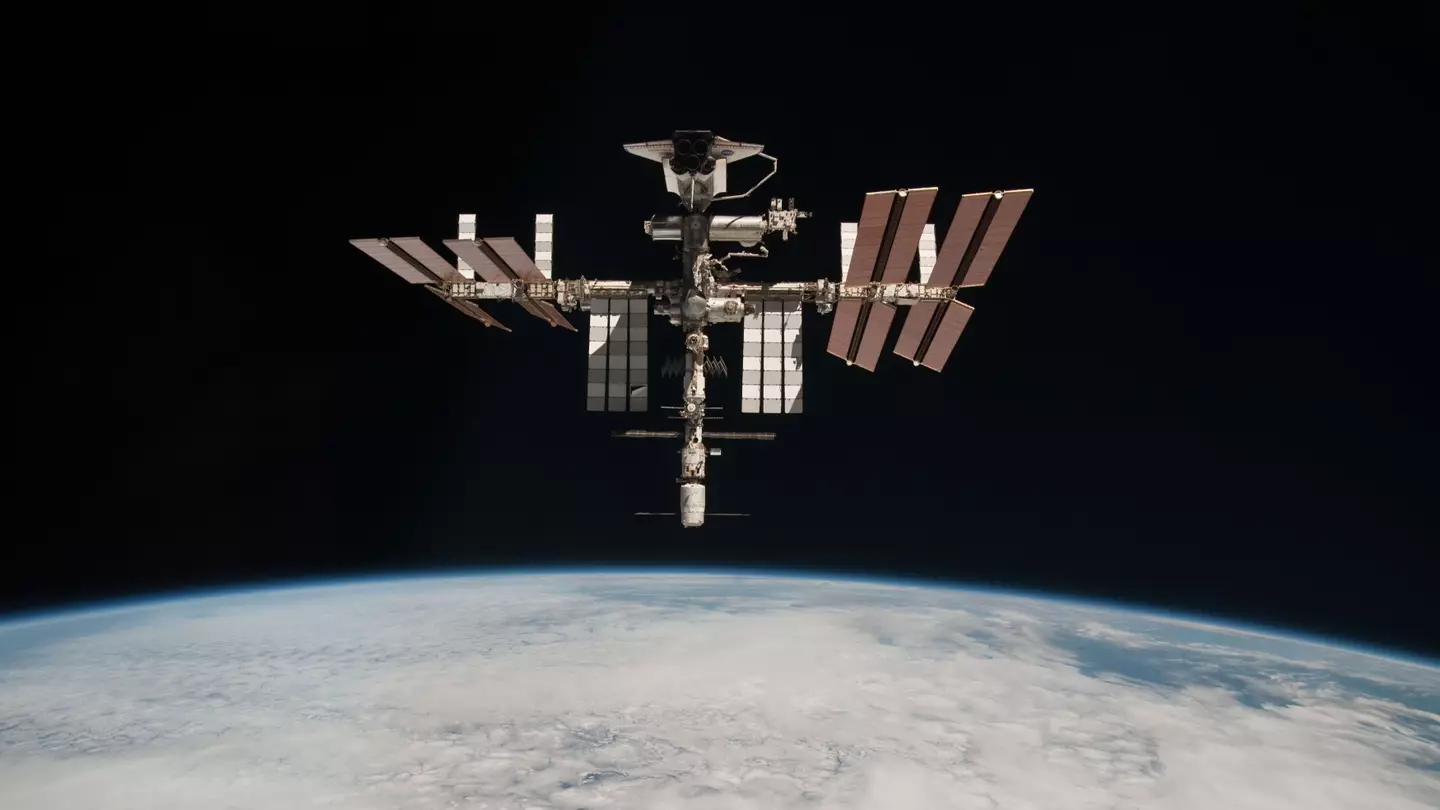
Crew-11 are coming home a month early due as a crew member is suffering from a 'serious' medical issue

It's not a bad deal for the 18-year-old
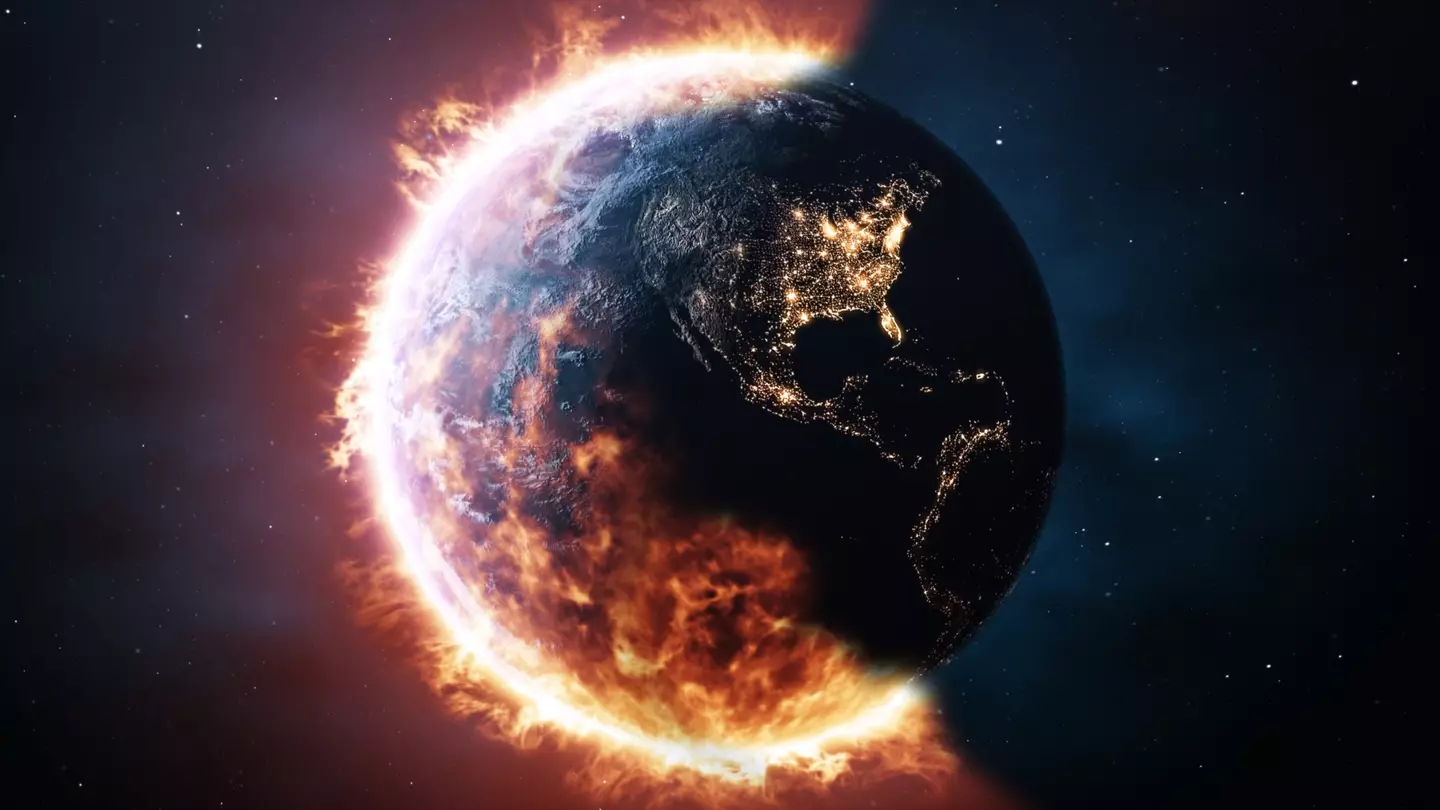
The end is near, according to researchers Heinz von Foerster, Patricia M. Mora, and Lawrence W. Amiot
.jpeg)
Millions of Brits are at risk of becoming addicted to decongestant nasal sprays





